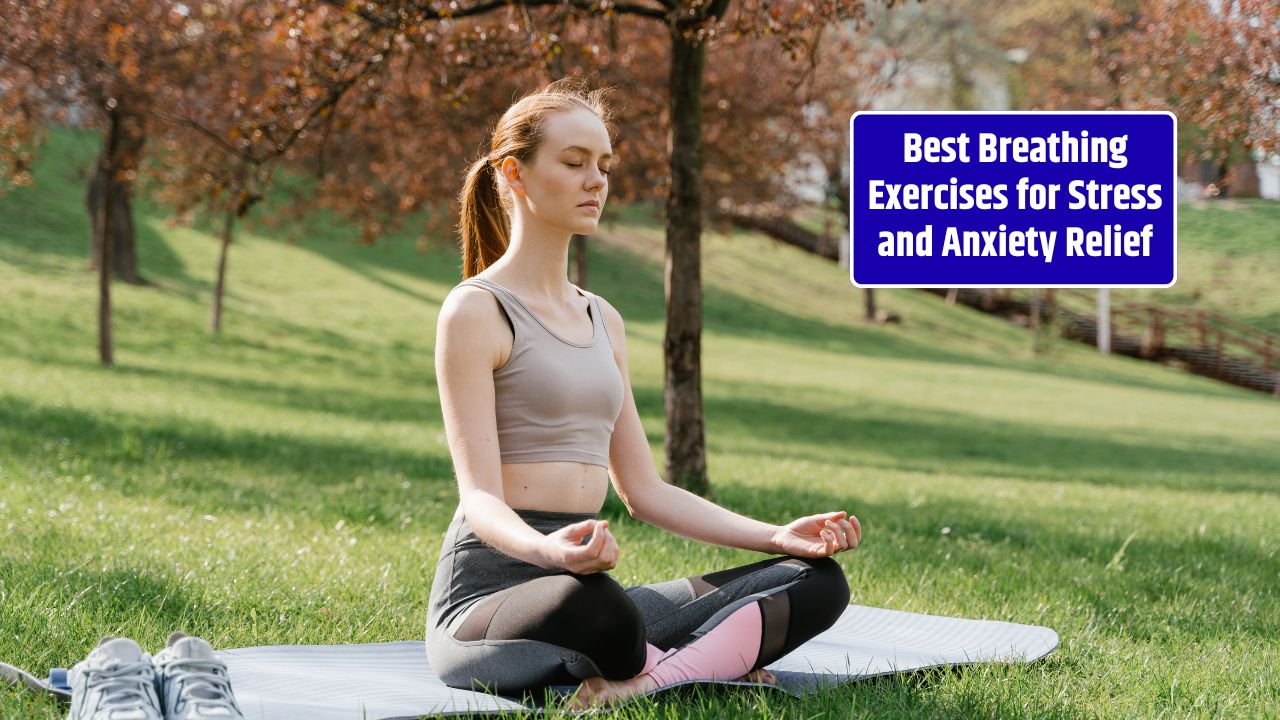You know that feeling—staring at the ceiling at 2 a.m., your mind racing, while the clock keeps reminding you that the alarm is only a few hours away. Millions of people are in the same boat: nearly 1 in 3 adults report not getting enough sleep, according to the Centers for Disease Control and Prevention. Before reaching for prescription pills, many turn to natural supplements to gently coax the body into rest. But with so many bottles lining store shelves, which ones are actually effective? Let’s sort the science from the hype.
Melatonin – The Body’s Sleep Hormone
Melatonin is the most popular natural sleep aid—and for good reason. It’s a hormone your body already produces to regulate circadian rhythm (your internal clock). Taking a small dose (0.5–3 mg) about 30–60 minutes before bed may help you fall asleep faster, especially if your sleep schedule is disrupted by jet lag or night shifts.
- Best for: Travel-related insomnia, adjusting sleep cycles.
- Caution: Not meant for long-term daily use without medical guidance.
Magnesium – The Relaxation Mineral
Magnesium helps regulate neurotransmitters involved in sleep, particularly GABA. Deficiency can lead to restless nights, and supplements (like magnesium glycinate or citrate) may ease anxiety and muscle tension. Research published in the Journal of Research in Medical Sciences shows magnesium can improve sleep quality in older adults.
- Best for: Stress-induced sleeplessness, muscle relaxation.
- Caution: High doses may cause digestive issues.
Valerian Root – The Ancient Herbal Sedative
Used for centuries in Europe, valerian root is often called “nature’s Valium.” It works by boosting GABA levels in the brain, helping with relaxation and sleep onset. Some studies find it shortens the time it takes to fall asleep, though results can vary.
- Best for: Trouble falling asleep, mild insomnia.
- Caution: May interact with certain medications; effects can be subtle.
Chamomile – The Gentle Calmer
Chamomile tea isn’t just cozy—it contains apigenin, an antioxidant that binds to brain receptors to promote drowsiness. A study in BMC Complementary Medicine and Therapies found chamomile extract improved sleep quality in postpartum women.
- Best for: Mild stress, winding down before bed.
- Caution: Less potent than other supplements; works best as part of a bedtime ritual.
L-Theanine – Calm Focus in a Capsule
Found naturally in green tea, L-theanine promotes relaxation without sedation. It boosts alpha brain waves, which are linked to calm alertness. Taken before bed, it can reduce anxiety and smooth the transition into sleep.
- Best for: Anxiety-related sleep struggles.
- Caution: Works best when combined with other calming habits (dark room, no screens).
Glycine – The Sleepy Amino Acid
This simple amino acid may help lower body temperature, signaling to your brain that it’s time to sleep. Studies suggest it can improve sleep quality and reduce daytime fatigue when taken before bed.
- Best for: Light sleepers, those who wake up groggy.
- Caution: Research is promising but not as extensive as melatonin or magnesium.
Quick Comparison Table
| Supplement | How It Helps | Best Use Case | Notes |
|---|---|---|---|
| Melatonin | Regulates circadian rhythm | Jet lag, shift work | Use short-term |
| Magnesium | Relaxes muscles, reduces stress | Anxiety, restless sleep | Avoid high doses |
| Valerian Root | Increases GABA activity | Trouble falling asleep | Mild, gradual effect |
| Chamomile | Calms nerves, induces drowsiness | Bedtime relaxation ritual | Often via tea |
| L-Theanine | Promotes relaxation | Anxiety-related insomnia | Best with other habits |
| Glycine | Lowers body temp, improves sleep | Light or poor-quality sleep | Still emerging research |
Important Note: Supplements Aren’t Magic
Supplements can help, but they’re not a cure-all. Sleep hygiene—like keeping a regular bedtime, avoiding late caffeine, limiting screens, and creating a cool, dark sleep environment—is just as important. If insomnia persists for weeks, it’s best to consult a doctor to rule out underlying issues like sleep apnea or thyroid problems.
Natural sleep supplements can be effective tools, especially when paired with good bedtime habits. Melatonin shines for shifting schedules, magnesium helps relax the body, and herbal remedies like chamomile or valerian root provide gentle support. But the “best” supplement is the one that fits your specific sleep struggle—and always with medical guidance if you’re taking other medications.
FAQs:
Is melatonin safe for kids?
Low doses may be used short-term under pediatric guidance, but it’s not recommended for routine use without a doctor.
Can I combine these supplements?
Some, like magnesium and L-theanine, can be taken together safely. But always check with a healthcare professional before stacking.
How long does it take for natural sleep aids to work?
Melatonin usually works within an hour. Herbs like valerian may take days or weeks of consistent use.










